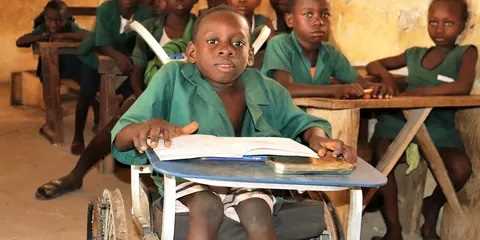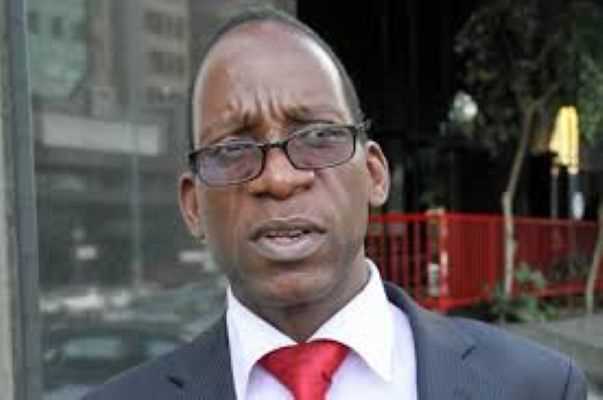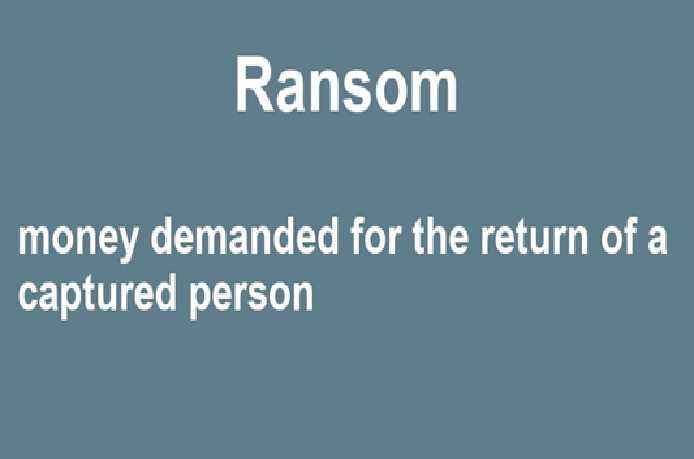
Audrey Galawu
The Deaf Zimbabwe Trust has said government should invest in the education of children with disabilities, citing that they still face various challenges, which lead to poor transition from primary to secondary schools.
In a statement, DZT said children with disabilities still lack access to the curriculum (sign language, braille, simplified and pictorial information), limited educational facilities, leading to low enrollment and lack of qualified human resources to support the teaching and learning of learners with disabilities.
“The government and the ministry of education has made commendable progress to reform the education system, aligning them with national goals, for instance the Education Amendment Act of 2020 and the launch of the Sign Language syllabus which will see the language being taught and examined in schools.
“These are remarkable milestones in Zimbabwe’s inclusive education journey. Disability education has improved, however not at the pace and quantum that meets the demand from children and young people with disabilities and their families. Zimbabwe has an acute shortage of resource units in secondary school and over 80 percent of primary school graduates are lost in transition to secondary school.
“Submission for 2019 show that a total of 85 560 learners with disabilities were enrolled out of a possible 600 000 and of these, 73.2% in primary school and 18.1% in secondary school. Every child has the right to the same opportunities as others despite the difficulties they face.
“Inclusive disability education is important for over 600 000 children with disabilities in Zimbabwe as it equalises opportunities while taking care of their unique needs,” reads the statement.
The organisation recommended tailor-made solutions to improve the quality of education for learners with disabilities at policy and local school levels.
Related Stories
DZT said stakeholders should engage in effective and targeted awareness campaigns on disability inclusion in order to reduce negative perceptions about children with disabilities targeting teachers, parents, schoolchildren and health care providers.
“The culture of using sign language needs to be promoted and up-scaled in all schools in order to create a favourable environment for children who use sign language.
“The government and development partners need to double their efforts in assisting communities to establish and construct special schools in every district where different children with different types of disability can be accommodated. Currently, there are too few schools for the number of children with disabilities.
“Local development planners need to profile all children with disabilities in and out of school in order to be able to determine the type and magnitude of support systems required to keep them included in the education system.
“School development communities need to prioritise infrastructural development in order to adapt existing structures to be inclusive using universal design,” further reads the statement.
DZT also highlighted the need to review the funding model for children with disabilities so that it becomes adequate, timely and accessible to all deserving children.
The organisation also recommended the need for inclusive education policy to be finalised and adopted by Cabinet.
“Government must implement the disability provisions in the Education Amendment Act 2020, coordinate the service training of all practicing teachers on basic special needs education and psychological support and reinstate the special responsibility allowance for Special Needs Education Teachers,” DZT added.


















Leave Comments